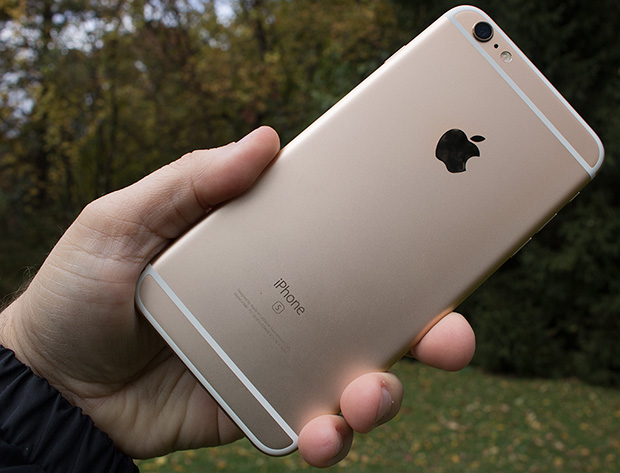Qualcomm Seeks US Import Ban On Apple iPhones As Legal Showdown Escalates

The ongoing dispute between Apple and Qualcomm is heating up in a big way. These two companies have been arguing over licensing fees and rebates, with the Federal Trade Commission (FTC) getting involved earlier this year. As the squabble continues, it is being reported that Qualcomm is planning to ask the International Trade Commission (ITC) to ban the import of iPhone devices into the United States.
A little back history is in order. Back in January, Apple sued Qualcomm for extortion claiming the semiconductor maker owed it as much as $1 billion in promised rebates related to licensing agreements. Apple further accused Qualcomm of "charging for royalties they have nothing to do with." But where things get really interesting is with the FTC stepping in with a lawsuit of its own.
"Qualcomm recognized that any competitor that won Apple's business would become stronger, and used exclusivity to prevent Apple from working with and improving the effectiveness of Qualcomm's competitors," the FTC stated in its lawsuit.
Apple has been cooperating with the FTC on the matter, which in turn prompted Qualcomm to allegedly withhold the aforementioned $1 billion in rebates that Apple claims it is owed.
Here is Apple's full statement on the matter:
For many years Qualcomm has unfairly insisted on charging royalties for technologies they have nothing to do with. The more Apple innovates with unique features such as TouchID, advanced displays, and cameras, to name just a few, the more money Qualcomm collects for no reason and the more expensive it becomes for Apple to fund these innovations. Qualcomm built its business on older, legacy, standards but reinforces its dominance through exclusionary tactics and excessive royalties. Despite being just one of over a dozen companies who contributed to basic cellular standards, Qualcomm insists on charging Apple at least five times more in payments than all the other cellular patent licensors we have agreements with combined.Obviously Qualcomm sees things differently. The company responded by saying Apple "intentionally mischaracterized our agreements and negotiations, as well as the enormity and value of the technology we have invented, contributed and shared with all mobile device makers through our licensing program."
To protect this business scheme Qualcomm has taken increasingly radical steps, most recently withholding nearly $1B in payments from Apple as retaliation for responding truthfully to law enforcement agencies investigating them.
Apple believes deeply in innovation and we have always been willing to pay fair and reasonable rates for patents we use. We are extremely disappointed in the way Qualcomm is conducting its business with us and unfortunately after years of disagreement over what constitutes a fair and reasonable royalty we have no choice left but to turn to the courts.
Things are now escalating between the two. Qualcomm is furious at Apple over its decision to stop making royalty payments, and so it will now seek an import ban on iPhone devices into the U.S. If granted, it would be a major blow to Apple, as the U.S. market accounts fo 40 percent of its total sales. Apple stands to lose tens of billions of dollars, depending on the length of the ban (if the request is approved).
Meanwhile Qualcomm cut its financial forecast this quarter by $500 million based on its expectation of not receiving any licensing payments from Apple.


